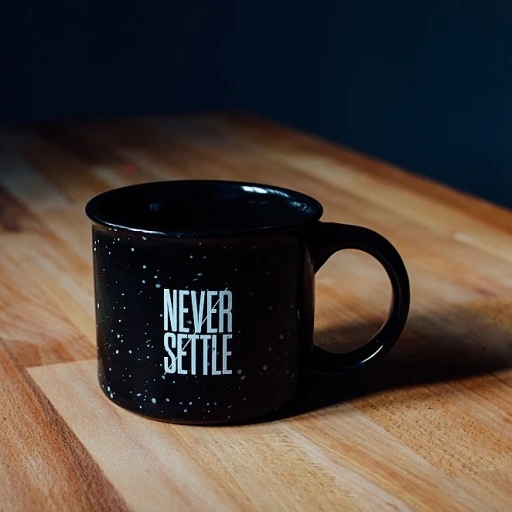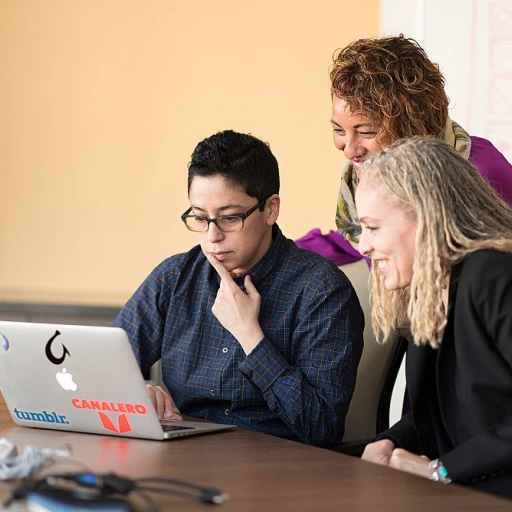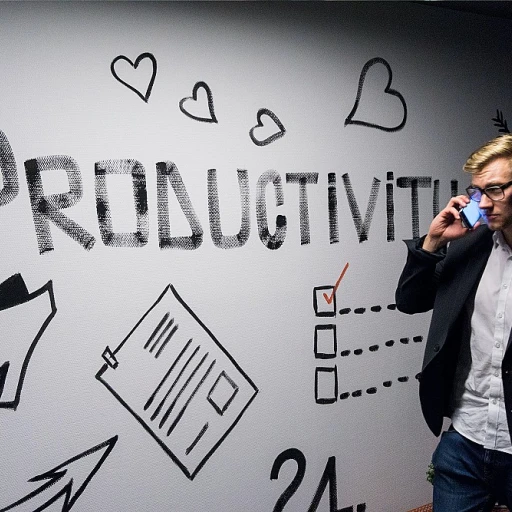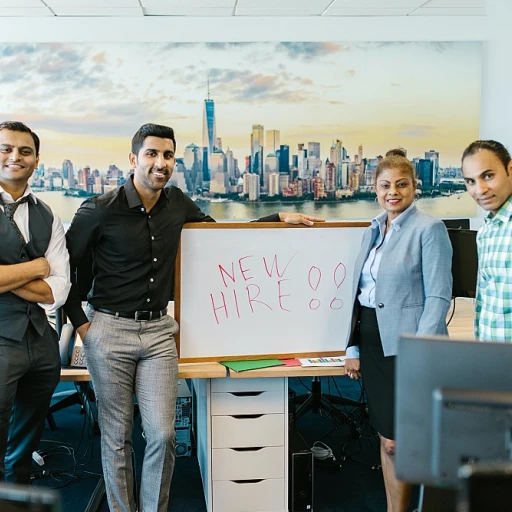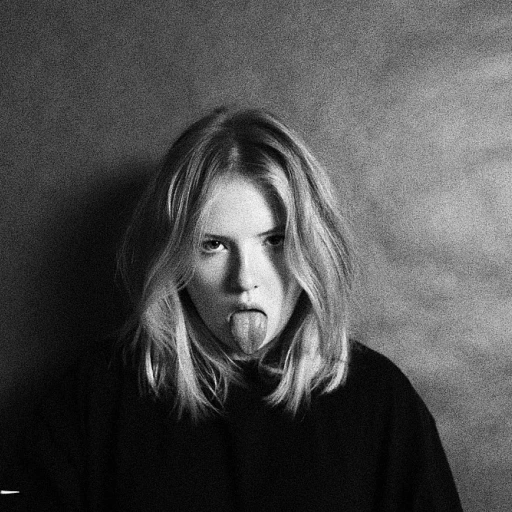
Understanding the Interview Flow
Grasping the Interview Structure
Understanding the flow of an HR job interview is crucial for candidates aiming to make a lasting impression. The interview process is often structured in stages, each with its own purpose and focus. Recognizing these stages can help you prepare effectively and respond appropriately to each phase.
Typically, the interview begins with introductions and a brief overview of the company's culture and values. This initial stage sets the tone for the meeting and provides insight into the organization’s expectations. As you progress through the interview, you'll encounter various agenda items, including discussions about your experience, skills, and how you align with the team goals.
Being aware of the interview agenda allows you to anticipate the types of questions that might arise and prepare your responses accordingly. This preparation is akin to effective meetings where understanding the meeting agenda and action items can lead to productive discussions and decision making.
As the interview moves forward, you will likely enter a stage where the interviewer assesses your fit within the team. This is similar to the storming stage in team development, where understanding team dynamics and how you can contribute to a high performing team becomes essential.
By recognizing these stages, you can navigate the interview process with confidence, ensuring that you address all key points and leave a positive impression on the interviewers. This strategic approach not only helps in managing your time effectively during the interview but also positions you as a thoughtful and prepared candidate.
Recognizing the Final Questions
Identifying the Right Moment for Final Questions
In the dynamic process of HR job interviews, recognizing the appropriate instance to pose your concluding questions is essential. This awareness demonstrates your attentiveness and respect for the interview's structure, and it positions you as a thoughtful participant in the team's broader project management agenda. As the meeting progresses through its various stages, the interviewer typically follows an agenda with items covered sequentially. Similar to how effective meetings are conducted, decisions are made, and action items are identified, the flow of an interview adopts a specific rhythm. Near the end, interviewers often shift from discussions about your fit within the team development process to more straightforward next steps inquiries. This transition serves as a cue that the interview is approaching its conclusion. During this phase, interviewers might invite questions or summarise important points much like how meeting notes or minutes would be finalized at the closing of a meeting. This is your window to clarify any uncertainties you might have regarding the role or the team's expectations. Take a moment to think about what meeting agenda items were covered and relate your questions to the team's goals. It is prudent to have a few well-prepared questions ready. These questions should relate back to the items discussed, reflecting your understanding of the storming stage or the high performing team goals, and where you see yourself fitting within these teams. Remember, it's not just about posing any question; it’s about asking the right ones that convey your genuine interest in being part of the group and understanding your future role in decision making processes. If you wish to explore deeper insights on aligning yourself with the company's culture and ensuring you're a suitable fit, consider visiting here for further tips and best practices in assessing company fit during HR interviews.The Importance of Closing Remarks
Leaving a Lasting Impression
Concluding an HR job interview effectively is not just about answering questions; it’s about making a memorable impression that helps you stand out among other candidates. As the interview transitions towards its conclusion, take the opportunity to emphasize your enthusiasm for the position and the potential contribution you can bring to the team. Remember, your closing remarks are a crucial aspect of your personal brand. Express genuine interest in the company’s goals and how they align with your own professional aspirations. Highlight past experiences where you demonstrated strong decision-making skills or led project management initiatives successfully. This could involve discussing high-performing team development or managing action items in effective meetings. Sharing relevant experiences helps bridge the gap between your abilities and what the company seeks in a candidate. In addition, demonstrating understanding of the job's scope can set you apart. Discuss how you envision your role in upcoming projects and how you plan to contribute to meeting agendas, ensuring all team members are aligned with the company’s objectives. Clearly articulating your willingness to partake in collaborative sessions, such as storming stages and setting team goals, will further illustrate your commitment to the group dynamics. If you wish to explore how sales performance questions might arise in an HR interview, you can find more information in this comprehensive guide, which offers insights into addressing these queries efficiently. Ultimately, your closing remarks should convey a balance of eagerness, professionalism, and strategic insight into how you fit into the team. Leave them convinced not only of your qualifications but also of your enthusiasm for joining their mission and enhancing their team development objectives.Body Language and Non-Verbal Cues
Mastering Body Language for Lasting Impressions
The subtle art of body language is a critical factor in leaving a positive impression during an HR job interview. In conjunction with your verbal communication, non-verbal cues play a silent yet pivotal role in how interviewers perceive you. Here are some best practices to consider:- Posture: Maintain an upright, yet relaxed posture. This conveys confidence and engagement. Slouching can communicate disinterest or a lack of energy, which is not conducive to effective meetings or team development.
- Eye Contact: Consistent eye contact shows that you are paying attention and are genuinely involved in the conversation. Make sure your eye contact is natural and not overly intense, as that can be off-putting for some.
- Gestures: Use hand gestures to emphasize your points during discussions about team goals or project management. However, be mindful of exaggeration, as overly animated gestures might distract the interviewers from your message.
- Facial Expressions: Your facial expressions should mirror the topic of conversation. A smile at the right moment can lighten the atmosphere and make you appear more approachable and affable.
- Active Listening: Nod and give small verbal acknowledgments to indicate that you are listening and processing what the interviewer is saying. This is essential at each stage of the conversation, particularly in recognizing team dynamics during decision-making discussions.
Clarifying Next Steps
Clarifying the Next Steps of the Hiring Process
Ensuring clarity on the subsequent steps after an HR job interview is a crucial stage that often gets overlooked. Knowing what to expect in terms of the hiring process can significantly impact your meeting with the HR team, giving you a clearer understanding of how your potential role fits into the company. Here’s how you can ensure the next stages are clear:- Inquire About the Timeline: Before concluding the meeting, establish a clear timeline for when decisions about your interview will be made. This helps in managing your expectations and reduces the anxiety of waiting. Ask about when you might hear back and if there are any follow-up meetings planned.
- Understand Team Dynamics: It's beneficial to know which team members you might meet in future stages of the interview process. Understanding the team agenda items will provide insight into how different departments integrate and collaborate.
- Discuss Any Additional Requirements: The HR professional might inform you if there are any further requirements or action items you need to fulfill, such as providing additional documents or completing tasks that are part of a standard practice in their hiring process.
- Clarify Potential Project Involvement: If it has not already been discussed, this is an opportune moment to ask what projects you might potentially be involved in. This will help you understand the scope of your role, the team’s goals, and what stage team or tasks you may contribute to as part of their high performing teams.
- Summarize Key Decisions: At the end of your meeting, it can be helpful to recap any important decisions or next steps that were discussed. This ensures there is no confusion and that all parties are on the same page with regards to the next actions.



